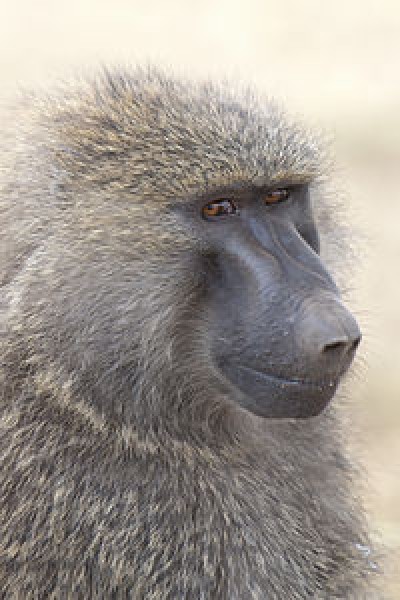Baboons and Epigenetics

October 24, 2014
One of the most provocative studies concerning environmental influence on epigenetic signals relates to the Dutch "Hunger Winter" of 1944-45, as I detailed in my book on epigenetics. It has proven extremely difficult to establish cause and effect relationships between the starvation that occurred among Dutch children during that period and epigenetic changes that appear to have affected their health many years later. However, as discussed in SCIENCE this week (Pennisi E. 2014. Baboon Watch. SCIENCE 346:292-295) investigations of baboon populations in Kenya that underwent food deprivation support an epigenetic model. Researchers compared the degree of methylation of key metabolic genes in baboon populations that subsisted on a wild diet with those that feasted on garbage from a tourist lodge. They found significant differences in the PFKP gene that responds to insulin and is involved in breaking down sugar and the KCNIP4 gene that is related to human obesity. The hypothesis that these investigators are pursuing is that enviromental stress brought on by adverse nutritional conditions can cause permanent epigenetic changes in genes that respond to adverse nutritional states. These changes may become fixed and years later, when proper nutrition is restored, cause the genes that they control to behave inappropriately. These primates constitute an isolated population and can be studied in the absence of intervening variables that confound human studies of epigenetic effects. The animals are being monitored and over time a coherrent picture may come together.
These studies are just a few that are adding to understanding of epigenetic control.
Comments
Submit a Comment
Please be sure to fill in all information. Comments are moderated. Please no link dropping, domains as names; do not spam and do not advertise.

 RSS Feed
RSS Feed
There are currently no comments